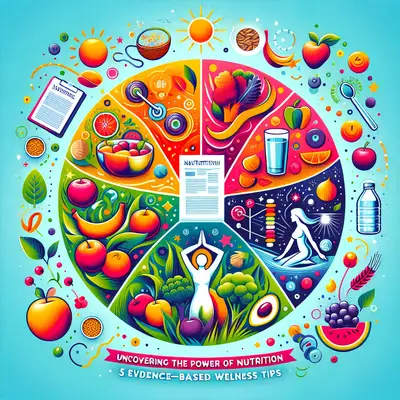In the world of politics, where information travels fast and opinions are formed even faster, it's critical to separate fact from fiction. Today, we dive head-on into the controversy surrounding the so-called "unlimited" power of the presidency, sparked by a recent statement from former President Trump claiming, "I have the right to do anything I want." Let's unravel the truth by debunking five common myths about presidential power.
Myth 1: The President has Unlimited Power
Despite the provocative statement, the U.S. Constitution, in fact, outlines a system of checks and balances designed to prevent any single branch of government from gaining absolute power. The Executive Branch, headed by the President, is balanced by both the Legislative and Judicial branches. So no, the President cannot do "anything" they want.
Myth 2: The President Can Declare War Unilaterally
The power to declare war doesn't solely rest with the President. While the Commander-in-Chief can direct military forces already deployed, an official declaration of war requires approval by Congress, further emphasizing the balance of power.
Myth 3: The President Can Create Laws
Though Presidents often propose legislation, the power to make laws resides with Congress. The President can either sign the proposed law into effect or veto it. However, even a veto can be overridden by a two-thirds majority vote in both the House and Senate.
Myth 4: The President Can Control the Economy
While the President can influence economic policies, control over the economy is a myth. Economic forces are complex and influenced by a multitude of factors, including consumer spending, corporate decisions, and global markets — all beyond the President's direct control.
Myth 5: The President Has Full Control Over Foreign Policy
While the President plays a significant role in directing U.S. foreign policy, it's a shared responsibility with Congress. Treaties and international agreements require Senate ratification, and Congress holds the power to regulate international commerce and declare war.
Conclusion
Understanding the limitations of presidential power is crucial in a functioning democracy. While the President holds significant influence and authority, the idea of unlimited power is a myth. Our system of checks and balances ensures a balanced distribution of power, promoting accountability and preventing the rise of a dictatorship.



